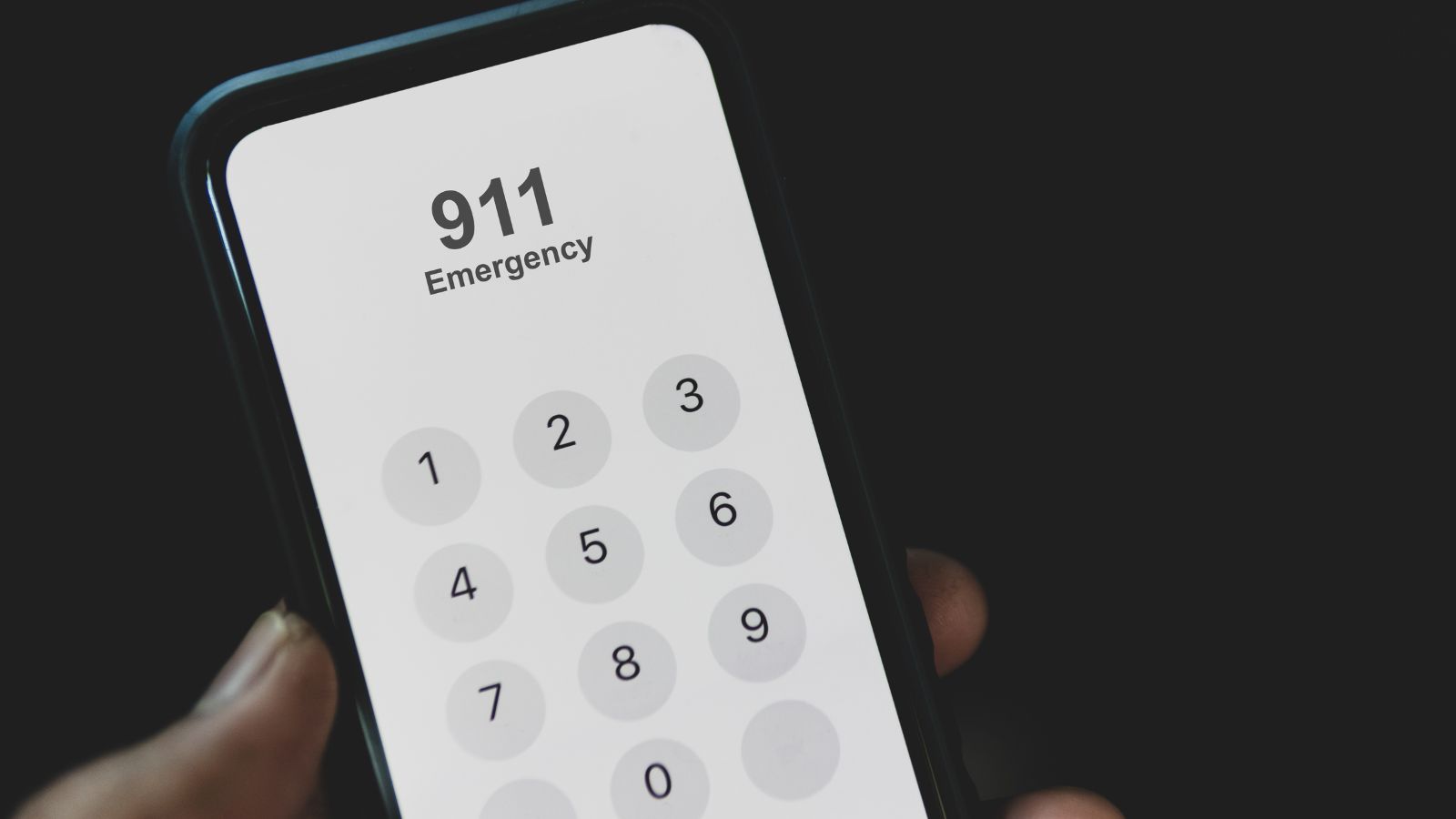Here in Omaha, our first responders work around the clock to keep us safe. Every day, 911 dispatchers, firefighters, paramedics, and police officers answer calls for help. Many of these are true emergencies where seconds matter—but some could be better handled by non-emergency services.
At the First Responders Foundation, we believe one of the best ways to support our heroes is by educating the public on how to use the system properly. Knowing when to call 911—and when not to—saves lives and ensures our emergency resources are available when they are needed most.
When to Call 911
Call 911 any time there is an immediate threat to life, health, or property. Examples include:
- Medical Emergencies: Chest pain, stroke symptoms, difficulty breathing, severe bleeding, loss of consciousness, or seizures.
- Crimes in Progress: Assaults, robberies, domestic violence incidents, or suspicious activity posing a direct threat.
- Fires and Explosions: Structure fires, vehicle fires, smoke, or gas leaks.
- Serious Traffic Accidents: Collisions with injuries, blocked intersections, or major hazards.
If you believe the situation could quickly become dangerous, don’t hesitate—call 911.
When Not to Call 911
Some situations feel urgent but are not emergencies. For these, use non-emergency numbers or community services:
- Noise complaints, abandoned vehicles, or minor traffic concerns → Call the Omaha Police Department non-emergency line: 402-444-5600
- Power outages or downed lines → Contact OPPD at 1-800-554-6773 or online here
- Water service issues → Call Metropolitan Utilities District (MUD) at 402-554-6666 or online
- Animal control → 402-444-7800 or online for non-priority here or priority issues here
For non-life-threatening medical issues like colds, minor injuries, or prescription questions, use your doctor, urgent care, or telehealth instead of 911.
Supporting Our First Responders
When community members use 911 responsibly, it allows dispatchers and first responders to:
- Reach true emergencies faster.
- Reduce strain on limited resources.
- Protect the health and safety of both responders and the public.
The First Responders Foundation is committed to supporting those who serve by raising awareness, providing training, and helping families understand how to access help effectively.
A Community Call to Action
Here’s what you can do right now to support Omaha’s first responders:
- Save local non-emergency numbers in your phone.
- Teach your children how and when to call 911.
- Share this information with friends, neighbors, and coworkers.
Together, we can make sure our 911 system is always available for the people who need it most.
At the First Responders Foundation, we believe a safer Omaha starts with an informed community. Let’s work together to honor and support the men and women who answer the call—by making the right call ourselves.
First Responders Foundation
The mission of the First Responders Foundation is to serve and honor all our First Responders, Veterans and their families; build appreciation and respect for their work; and enhance public safety. For more information, visit First Responders Foundation, or contact us.


